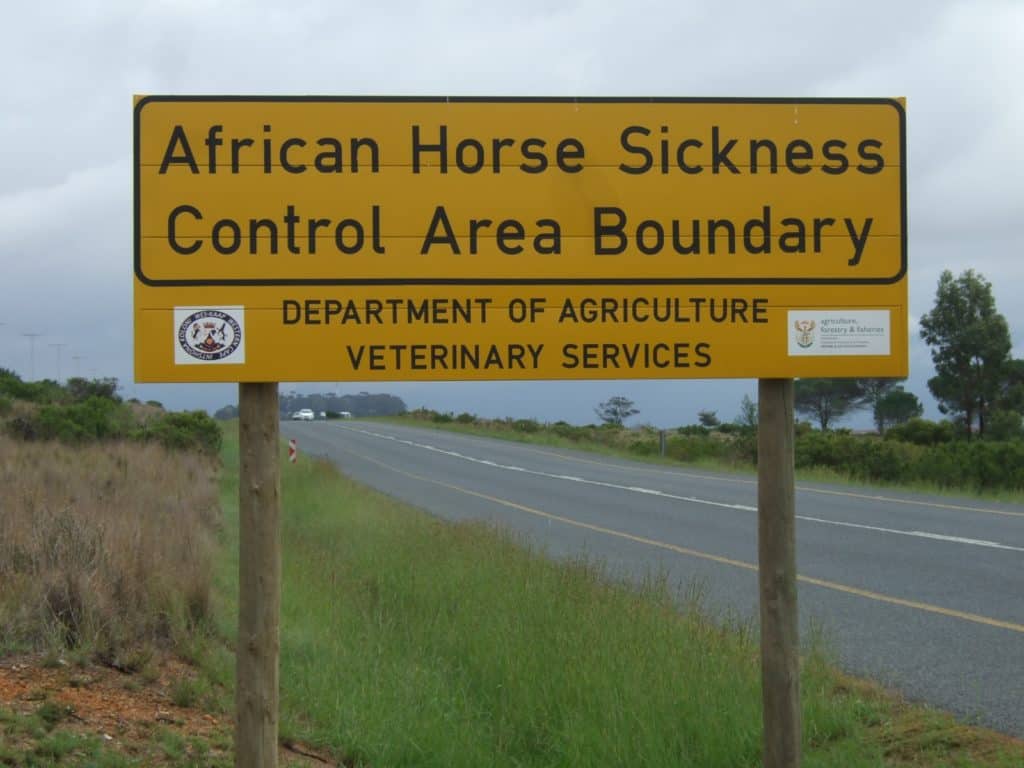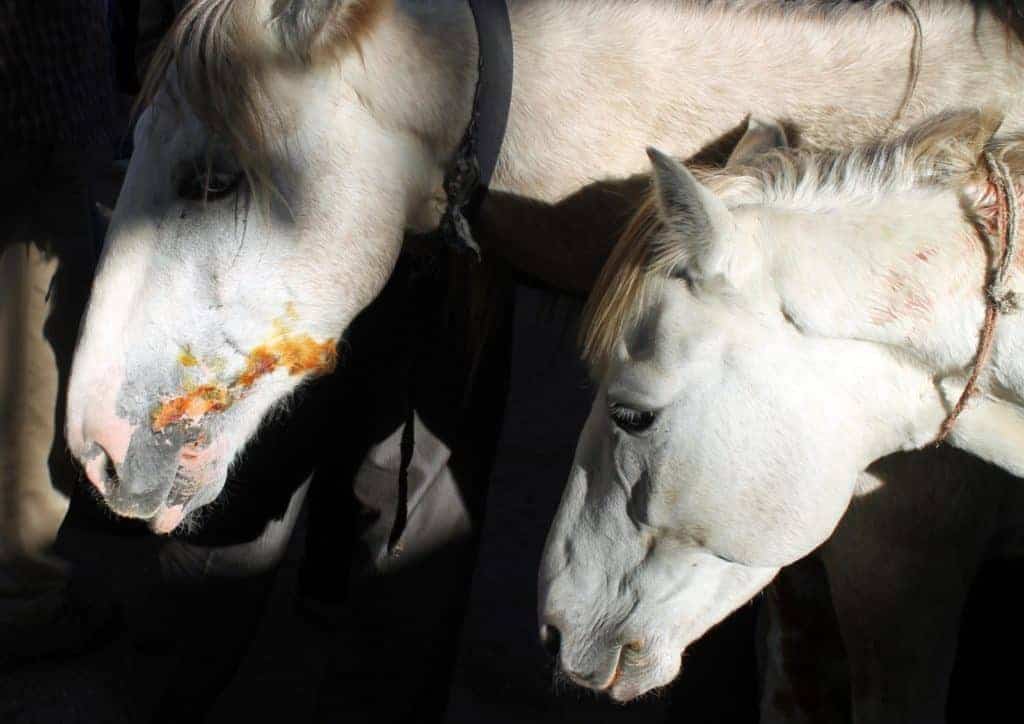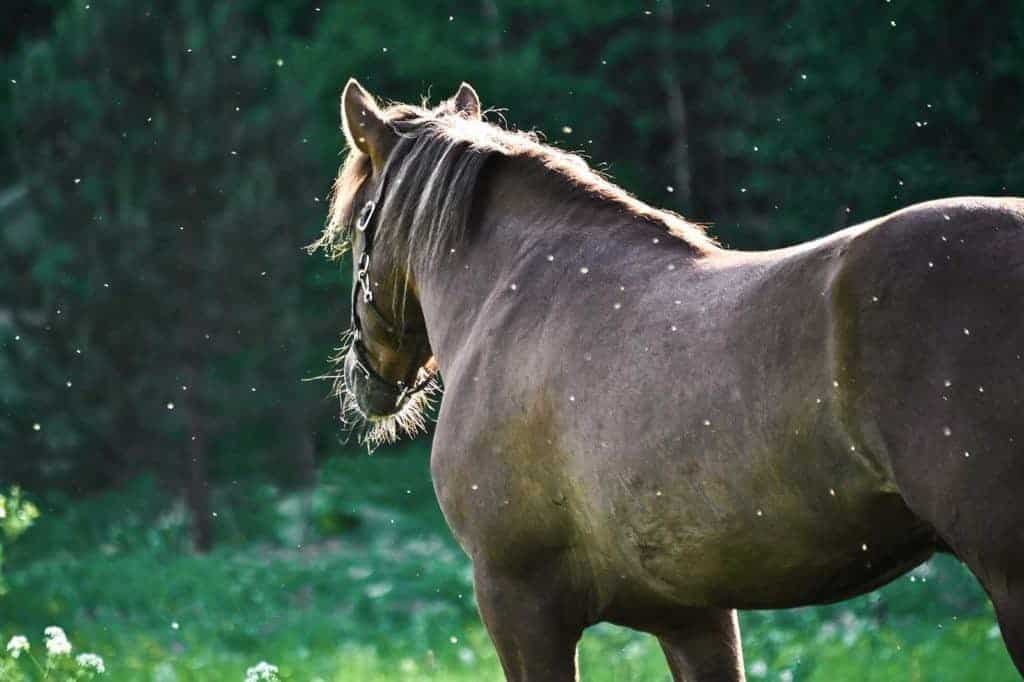
Study: African Horse Sickness Test Reproducible According to Stringent OIE Standards
Researchers showed that the VP7 blocking ELISA test is highly reliable and works in exactly the same way every time its used, an important factor African horse sickness control and monitoring.






























